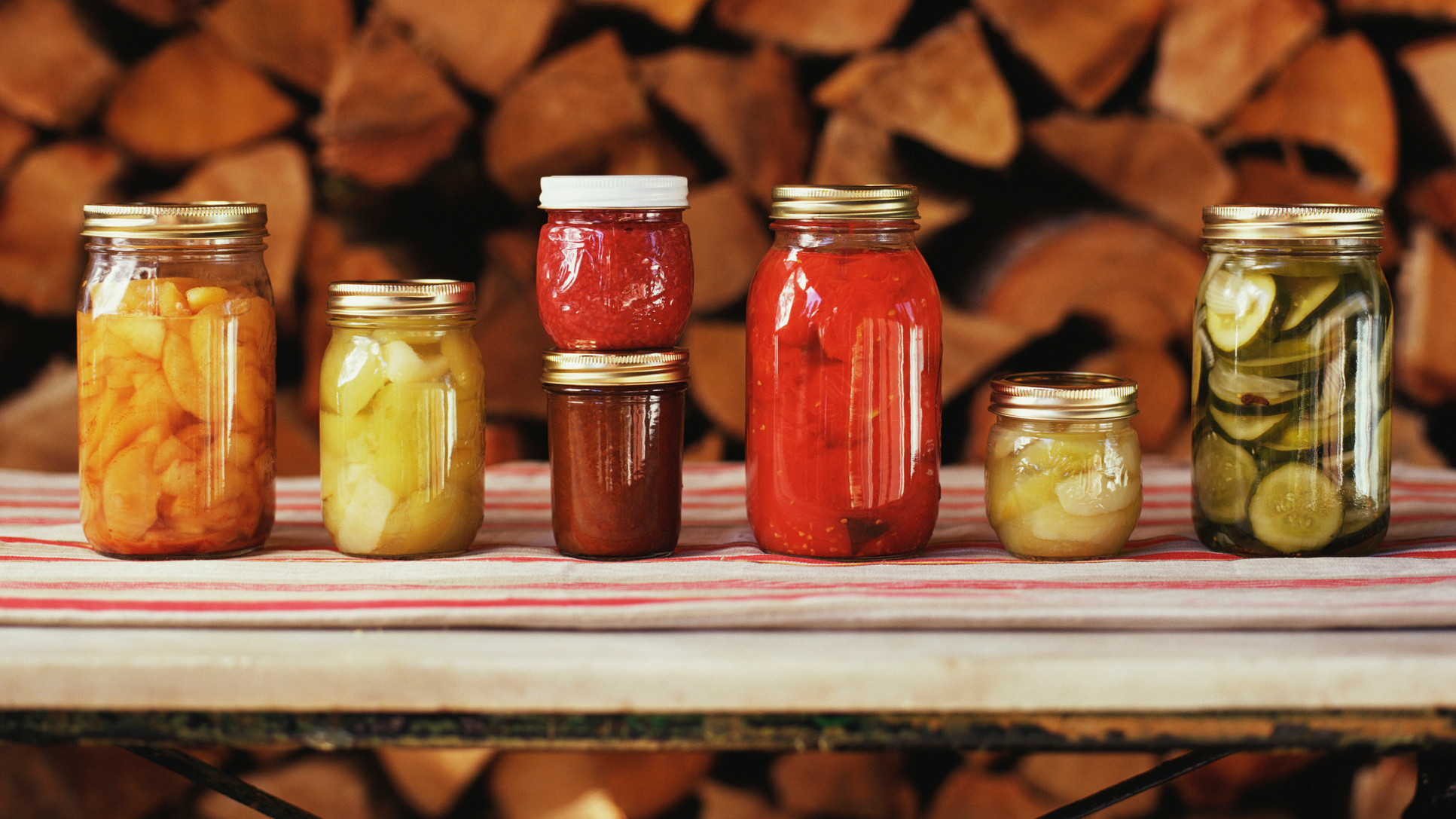Why We Should Keep Up The Scarcity Cooking Post-Pandemic
Home isolation means reading the internet until our eyes bleed. While this is mostly bad, it also means we encounter a lot of good writing, like Rebecca Onion's essay in Slate, "At Least Isolation Is Teaching A Better Way To Cook." Her thesis: pandemic cooking means using up our whole pantry, which is what we should be doing moving forward, anyway. She writes it much more intelligently than that, so go ahead and read that article here.
Onion puts two cookbooks into conversation: How To Cook A Wolf (1942) by M.F.K. Fisher and An Everlasting Meal: Cooking With Economy and Grace (2011) by Tamar Alder. The first book influenced the writing of the second, and both tackle cooking with limited supplies. Wolf, penned during WWII, looks back to prehistoric cooking methods to find ways of surviving during wartime. "It is good, now when war and its trillion grim surprises haunt all our minds," Fisher writes, "to talk with other older humans about what they have done in their days to fool the wolf." As Onion puts it, the economic recipes are about "rising above panic through the exercise of ingenuity." In other words, a well-seasoned can of beans has the power to assure us that everything'll be okay.
An Everlasting Meal picks up where Wolf left off. Alder's book is a how-to on throwing together last night's leftovers and bits into something delicious today. Though not written during a global conflict, Alder writes in response to another all-encompassing crisis: global warming. As the climate gets warmer, food sustainability will become increasingly critical to the point of requirement. That means cutting back on our food waste, reaching to the back of the pantry, and, above all else, it means beans. The silver lining of today's chaos, per Onion, is that it sets us on a path toward more sustainable cooking. So...at least there's that!
